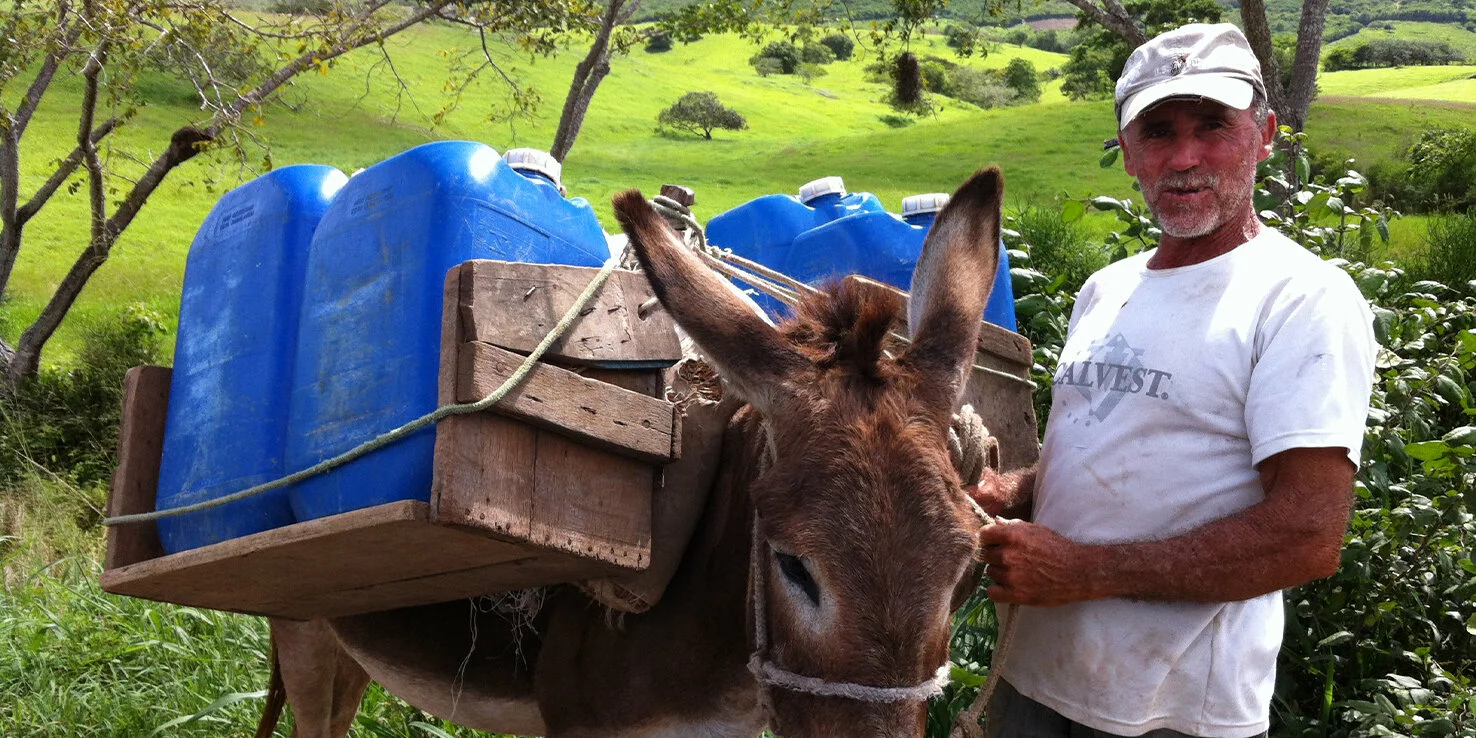
Examining the Roots of Corruption: International Team Studies How and Why Votes Are Bought
Researchers partnered with a local NGO in the semi-arid region of northeastern Brazil to evaluate if citizens that feel more economically secure are less likely to engage in clientelism.
In theory, citizens hold enormous power in a democracy: they alone are responsible for electing the politicians they believe will best serve their needs.
But as the history of democracy shows, politicians have often found ways to ensure their own needs take precedence over those of their constituents. One way of doing this is clientelism — a practice where citizens are offered private goods or services in contingent exchange for their electoral support.